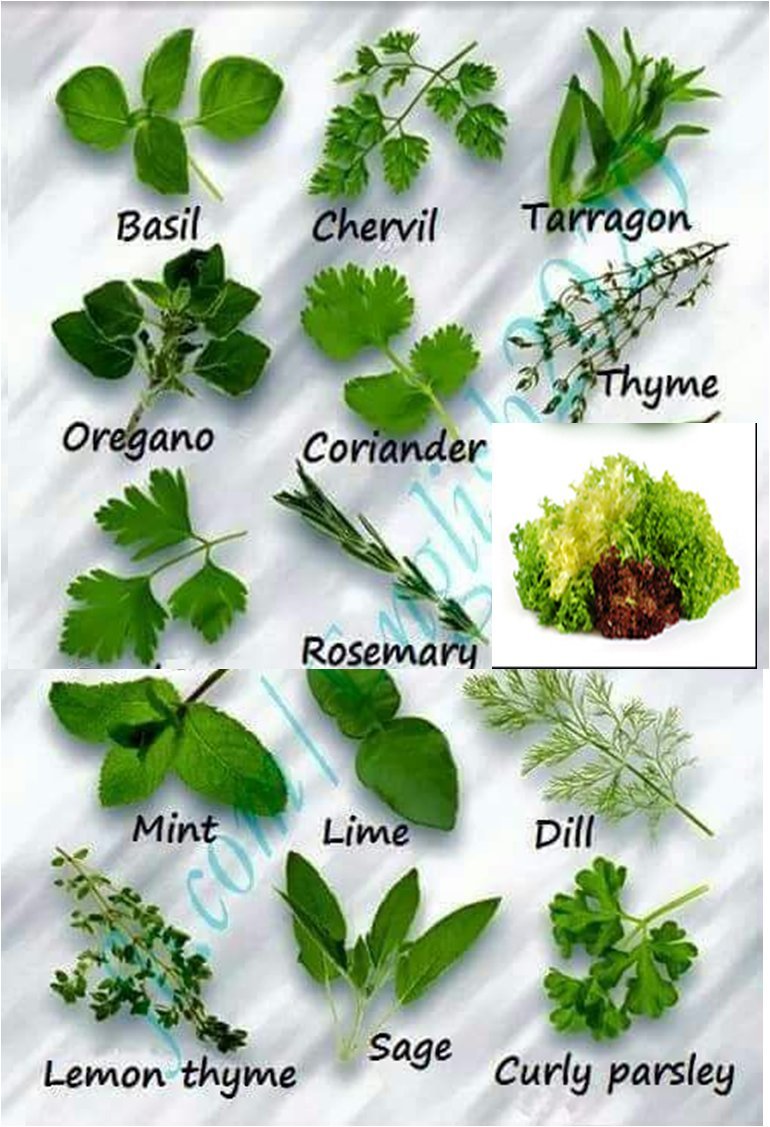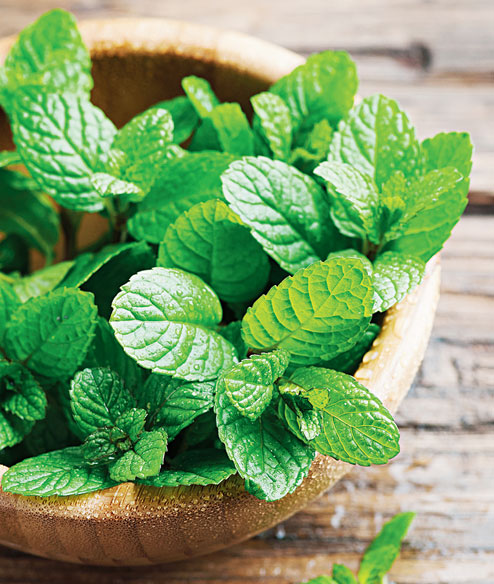Herb Combos That Will Grow
Herb Combos That Will Grow
Herbs are a great way to add flavor and excitement to your cooking, and they can also be beautiful additions to your garden. But did you know that some herbs grow better together than others? In this blog post, we will discuss some of the best herb combos for your garden.
Why Plant Herbs Together?
There are a few reasons why you might want to plant herbs together. First, some herbs have complementary flavors that can enhance each other when cooked together. For example, basil and tomatoes are a classic pairing, and the sweet, acidic tomatoes balance out the peppery basil.
Second, some herbs can help to deter pests from other plants. For example, mint can repel mosquitoes, and rosemary can repel cabbage moths. This can help to keep your garden healthy and pest-free.
Finally, some herbs can actually help to improve the growth of other plants. For example, chives can help to improve the flavor of carrots, and parsley can help to improve the growth of tomatoes.
Which Herbs Grow Well Together?
There are many different herb combos that you can try, but here are a few of our favorites:
- Basil, oregano, and thyme: These Mediterranean herbs all have similar growing conditions and can be planted together in a sunny spot. They also have complementary flavors that are perfect for Italian dishes.

- Lemon verbena, dill, and cilantro: These herbs all have a citrusy flavor and can be planted together in a spot that gets some morning sun and afternoon shade. They are also attractive to pollinators, so they can help to improve the pollination of your other garden plants.

- Lavender, rosemary, and thyme: These fragrant herbs can be planted together in a sunny spot. They are also drought-tolerant, so they are a good choice for gardens in hot, dry climates.

- Parsley, sage, and chives: These herbs all have different flavors, but they can be planted together in a sunny spot. They are also relatively easy to grow, so they are a good choice for beginners.

How to Plant Herbs Together
When planting herbs together, it is important to consider their growing conditions. For example, some herbs need full sun, while others prefer partial shade. It is also important to consider the size of the plants. Some herbs, such as mint, can be invasive, so it is important to plant them in a pot or in a separate area of the garden.
Once you have chosen the herbs you want to plant, prepare the soil by tilling it and adding compost or manure. Space the plants according to their mature size. Water the plants well after planting and continue to water them regularly, especially during hot, dry weather.
Conclusion
Planting herbs together can be a great way to add flavor, beauty, and pest control to your garden. By considering the herbs' growing conditions and size, you can create a thriving herb garden that will provide you with fresh herbs for years to come.
Are you thinking about planting herbs in your garden? If so, you'll want to do some research to make sure you're planting the right herbs together. Some herbs, like basil and tomatoes, are natural companions, while others, like mint and rosemary, can compete for resources and space.
To find out which herbs are good to plant together, I recommend visiting Gardenia Inspiration. This website has a comprehensive list of herbs and their companion plants, as well as tips on how to plant and care for herbs in your garden.
In addition to providing information about good herb pairings, Gardenia Inspiration also offers a variety of other resources for herb gardeners, including recipes, gardening tips, and plant care advice. Whether you're a beginner or a seasoned herb gardener, you're sure to find something useful on Gardenia Inspiration.
FAQ of good herbs to plant together
Frequently Asked Questions About Good Herbs to Plant Together
1. What are some good herbs to plant together?
There are many good herbs to plant together, but some of the most popular pairings include:
- Basil and tomatoes: Basil helps to repel pests that can damage tomatoes, and the two herbs also complement each other in flavor.
- Chives and roses: Chives can help to repel pests that can damage roses, and they also add a touch of color to the flower bed.
- Mint and carrots: Mint helps to repel carrot flies, which can damage carrots.
- Oregano and rosemary: These two herbs have similar growing conditions and can be used in many of the same dishes.
- Parsley and thyme: These two herbs are also relatively easy to grow and can be used in a variety of dishes.
2. Can I plant all my herbs together?
While you can plant many herbs together, it is important to consider their individual needs when planning your herb garden. Some herbs, such as mint, can be invasive and crowd out other plants. Others, such as basil, need full sun, while some, such as parsley, prefer partial shade. It is also important to consider the size of the herbs when planting them together. Some herbs, such as rosemary, can grow quite large, so you will need to space them accordingly.
3. What are some herbs that should not be planted together?
There are a few herbs that should not be planted together, as they may compete for nutrients or water, or they may attract pests or diseases to each other. Some of these herbs include:
- Basil and fennel: These two herbs can inhibit each other's growth.
- Cilantro and dill: These two herbs can attract the same pests.
- Lavender and sage: These two herbs have different water needs and can compete for water.
- Mint and anything else: Mint is an invasive herb that can easily crowd out other plants.
- Rosemary and thyme: These two herbs have different soil pH requirements and may not thrive if planted together.
4. What are some tips for companion planting herbs?
When companion planting herbs, there are a few things to keep in mind:
- Consider the herbs' individual needs.
- Space the herbs appropriately.
- Plant herbs that attract beneficial insects.
- Plant herbs that repel pests.
- Plant herbs that have similar water and fertilizer needs.
5. What is the easiest herb to grow?
Some of the easiest herbs to grow include:
- Basil
- Chives
- Cilantro
- Dill
- Mint
- Oregano
- Parsley
- Rosemary
- Sage
- Thyme
These herbs are relatively easy to care for and can be grown in a variety of climates. They are also versatile and can be used in a variety of dishes.
Image of good herbs to plant together
- Basil, tarragon, and oregano. These Mediterranean herbs tend to pair well due to similar growing requirements, and planting oregano alongside basil and tarragon may help prevent pests.

- Lemon verbena, dill, and cilantro. These herbs all have a strong aroma and can help to repel pests. They also have different watering needs, so they can help to balance out the moisture levels in the soil.

- Lavender, rosemary, and thyme. These herbs are all drought-tolerant and can thrive in hot, dry climates. They also have a lovely fragrance that can make your garden smell amazing.

- Parsley, sage, and chives. These herbs are all relatively easy to grow and can be used in a variety of dishes. They also have different colors and textures, so they can add visual interest to your garden.

- Mint, mint, and more mint! Mint is a vigorous plant that can quickly take over a garden, so it's best to plant it in its own pot or in a section of your garden that you're willing to give it over to. But mint is also a delicious and versatile herb, so it's worth having around.

Post a Comment for " Herb Combos That Will Grow"